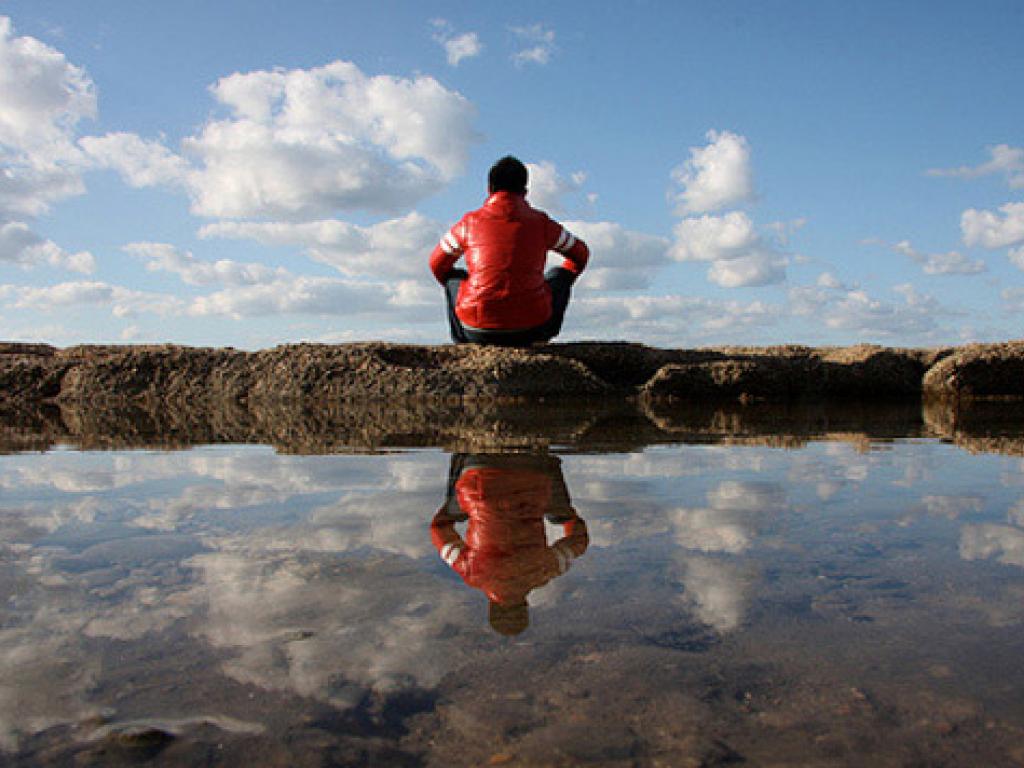BLOG: Reflexivity in climate adaptation research

By Admire Nyamwanza
Inspired by personal fieldwork research experiences in Tanzania and Zimbabwe, this blog highlights critical issues around reflexivity in climate adaptation research, particularly as it concerns the aspect of positionality where fieldwork is involved. Reflexivity is one pillar of critical inquiry in any area of research, and it involves the act of self-reflection upon oneself as a researcher, particularly one’s relationship with research participants as influenced by such aspects as intellectual and cultural distance, age, gender, race, language and nationality (cf. Chiseri-Strater, 1996).
The call for reflexivity in research emanates from post-structuralist and postmodernist arguments that a researcher is a co-participant in the research process as he/she positions himself/herself in relation to participants, and as participants position themselves in relation to how they perceive the researcher and/or how the researcher behaves (Chavez, 2008). Positionality also involves concerns on how much research participants can trust and be close to the researcher from time to time during the course of the research. Climate adaptation research primarily involves understanding different ways in which individuals and communities experience changing climatic conditions, processes of decision-making, actual adaptation strategies carried out (in the past, presently, going into the future), and the consequences of these (strategies) for actors living and dealing with climate variability and change, mainly through in-depth interviews and group discussions (cf. Nielsen and D’haen, 2014).
As such, personal details around people’s vulnerability, response capacities, changing asset profiles, household and community politics and livelihoods inevitably come into play. What is found, represented and known vis-à-vis adaptation in different localities is, therefore, to some extent, a product of the interactions and interpretations between researchers and research participants, as well as between researchers from different disciplines – since climate adaptation research is increasingly drawing the attention of researchers from diverse (academic) backgrounds.
At the intersection of climate adaptation research, as with any research endeavor, are thus a host of overlapping dynamic factors around identity, situated knowledge and personal biases that may influence the fieldwork process as well as the practicalities of how we come to know what we know. It is therefore imperative to engage in a critical reflection of these factors, particularly in the presentation of data, so as to enhance the validity and reliability of knowledge produced.
References:
Chavez C (2008) Conceptualising from the Inside: Advantages, complications and demands on insider positionality. The Quantitative Report. 13 (3): 474-494
Chiseri-Strater E (1996) Turning it upon ourselves: Positionality, subjectivity and reflexivity. In P. Mortensen and G. Kirsch (eds). Ethics and Representation in Qualitative Studies. Urbana: National Council of Teachers of English.
Nielsen J. O and D’haen S.A.L (2014) Asking about climate change: Reflections on methodology in qualitative climate change research published in Global Environmental Change. Global Environmental Change. 24: 402-409
Thumbnail: http://leadershiptraq.com/reflection-is-a-two-way-street/